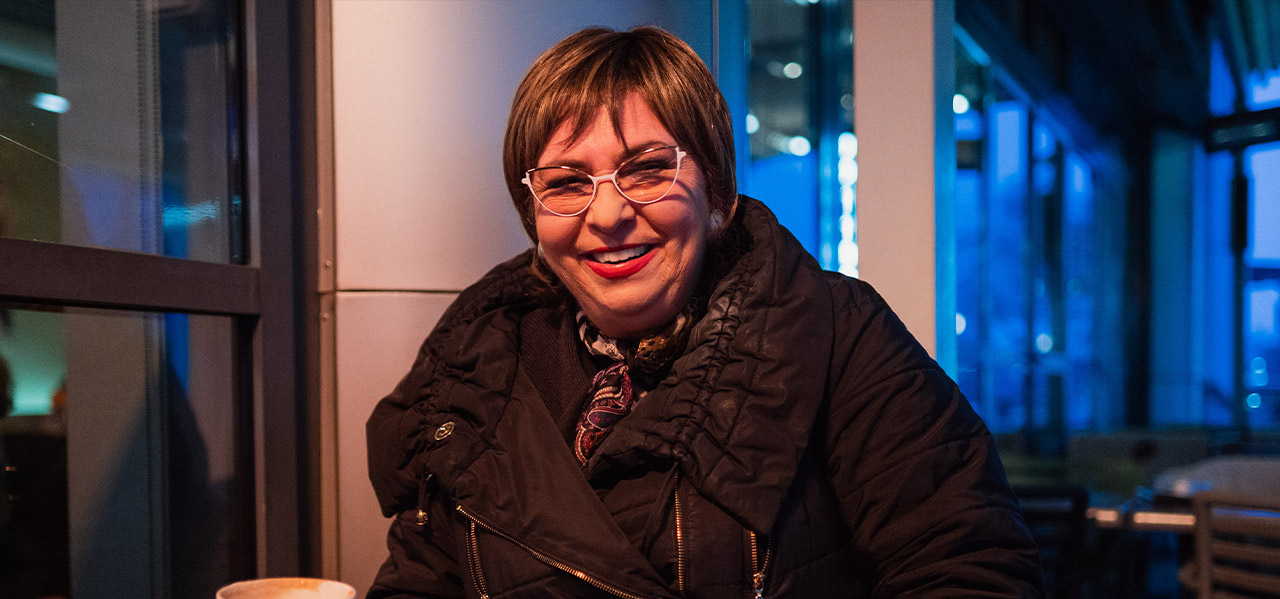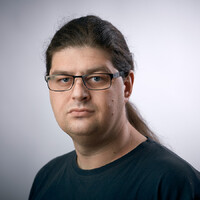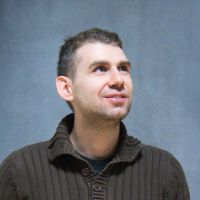Nadezda Nada Blam: the diva actress from upper Dorcol
Popeye protected her from Bluto, the Ninja Turtles protected her from the Shredder and in the studio she was as quick as Speedy Gonzales. She is our renowned actress and the champion of the National Theatre - Nadezda Nada Blam. For her interview with 011info, she speaks about her childhood in upper Dorcol alongside her brother Misha, her first experiences with the theatre stage, voice acting for cartoons that brought joy to many children and challenging roles that she pulled off with aplomb.
What was it like growing up in Dorcol in your time?
I have beautiful memories of growing up in upper Dorcol. I was born in the Brace Jugovica street and I still live there to this day. Back then, carriage drivers passed through that street, pulling along and delivering ice blocks to families who owned ice boxes (the refrigerators of that time). It’s one of the first memories I have of my street that’s crowded by cars today.
The four yards that bring together Dobricina, Brace Jugovica, Zmaj Jovina and Vasina streets were massive and served as our playground, while in the winter we only used Kapetan Misina street for sledding. We all knew each other and spent every day together. Belgrade was our playground.
You come from a family that gave us many superb artists.
Yes, for almost two hundred years back, all my family members have been artists. I grew up under a sort of artistic glass bell in that way. My mother was an actress and my father a musician. I never saw art as some kind of mystical skill. Probably because I practised it from an early age, so I could sing at the National theatre when I was only eight years old, which was also my very first role there.
In our family, it was completely normal to play music, sing or act. Those memories as well as the visits of our family friends and associates from the art world are some of my fondest memories.
For me it’s beyond comprehension that anyone could mystify art because art is an organic part of life itself, a collection of good skills in any domain. For example, it’s a human art to be able to build a radio or create a good hairstyle. Everything that requires skill is art.
My family had never been wealthy. Artists never were. This is best seen in the New Cemetery. Every expensive tombstone will have the title of a trader engraved on it, not an artist.
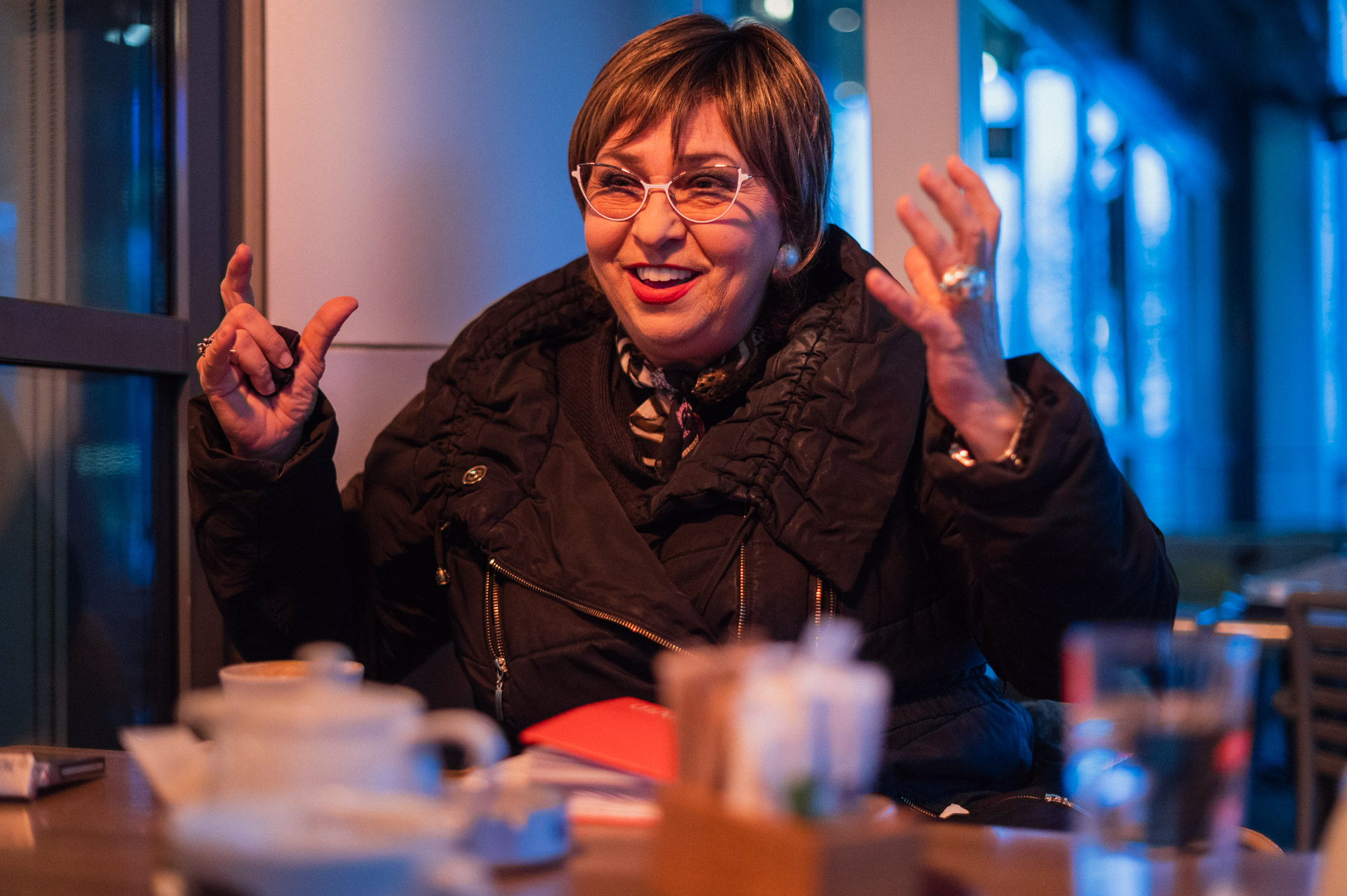
Was there a social divide in your childhood?
I’m the child of ‘brotherhood and unity’. I remember we extended a friendly hand to all and there was no discrimination. Something that didn’t work in our favor at the time was that my father was not a Communist. Therefore as a child I always begged him not to show up for my parent-teacher meetings at school because all other fathers were justifiably absent for Party meetings so I’d always tell people my daddy is at a meeting too.
He was over 30 years old when war broke out, so he wasn’t able to adapt to the new social order. In other words, he remained a monarchist. Because of this, he got into all sorts of trouble. We had visits from strangers in leather coats several times who’d come at our doorstep to ask my father questions. I didn’t understand what was happening back then. He maintained contact with his friends who were immigrating. Usually in London. He maintained the tombstones and gravesites of their loved ones who were buried in Belgrade. He also welcomed guests who dared come visit us because my father, Rafaelo Blam, was the only person they could turn to when they visited the capital. But all of this had to be reported to the police who would come and ask about the guests.
What kind of problems did your family face because of that?
It certainly took its toll on my father. He was the kapellmeister of the orchestra for “Radio Belgrade” and he woke Belgraders with their morning waltzes. He was very popular. Incidentally, my brother Misha Blam wrote the book “Jazz in Serbia from 1927-1944” that lists all the information about the Miki Jazz orchestra that was founded by my father.
At one point, his post-war pass for “Radio Belgrade” was withdrawn even though he was the star of the station, because he wouldn’t join the Party. Even though he was even held in a camp. In other words, he couldn’t work there anymore.
Still, my father found his home at the “Mokranjac” music school and other schools and societies dedicated to music and culture. He nurtured Serbian folk music and created compositions of traditional folk songs. But all of this meant nothing to the authorities of the time. Despite his tireless work, he got no acknowledgment, recognition or any professional advancement that he used to have before the war.
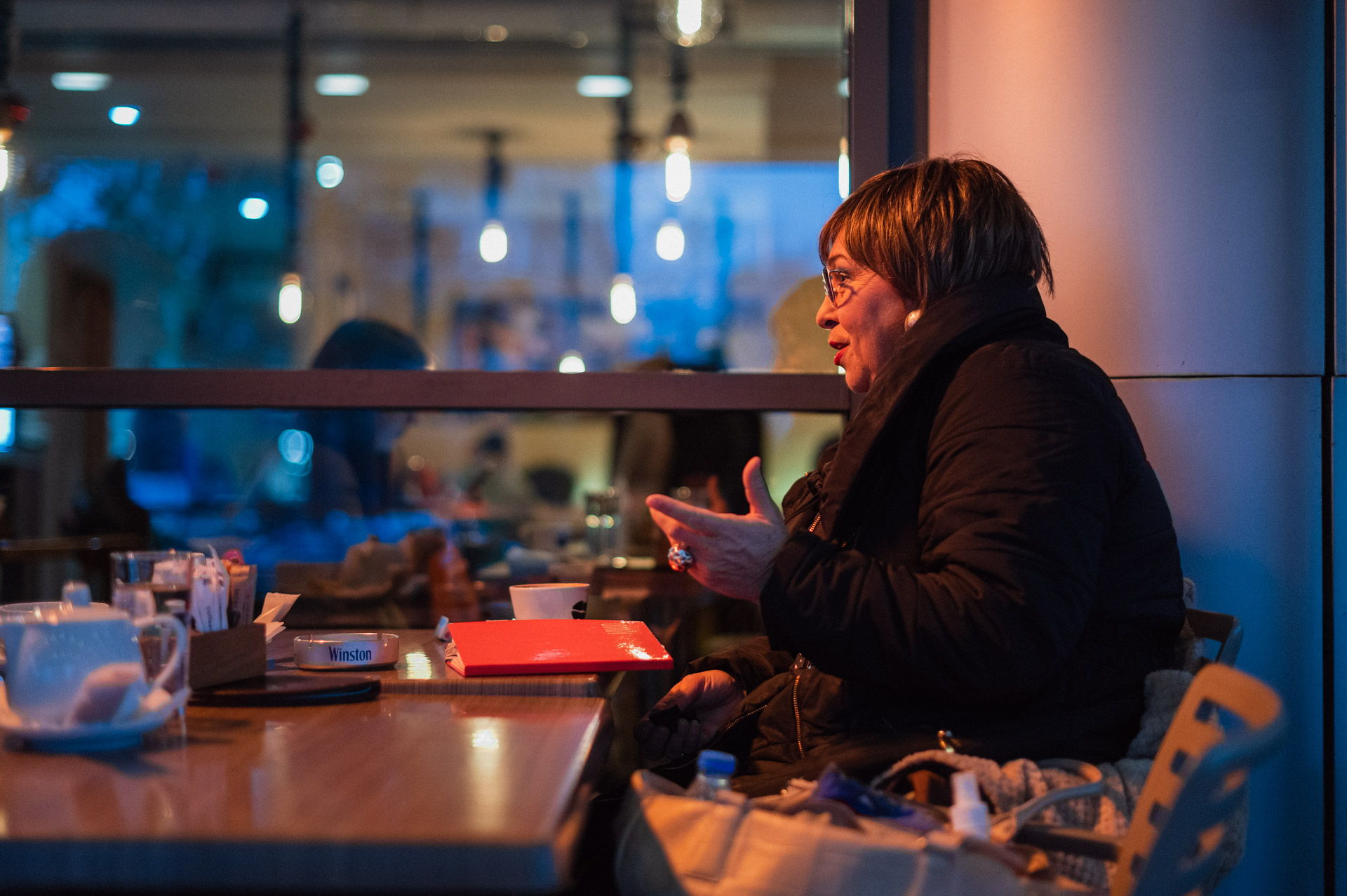
When you were 16, you performed in the legendary musical “Hair” which is still talked about today. How did it come to that?
My mother actually told me about the audition for “Hair”. It took place in “Dom omladine” under the direction of Mira Trailovic and Sasa Radojcic. I was accepted on the spot. I even got solo numbers in the musical which made me incredibly happy. As I mentioned before, I started performing at eight and I was what you’d call a child-actor.
Although none of this was new to me and even though I was so young, I was still aware that “Hair” was not like every other show. Unlike others, I also knew it was a once in a lifetime career opportunity and that turned out to be true.
“Hair” was a revolutionary show for that time.
We were actually the first Eastern European country that had the opportunity to perform “Hair”. This was a movement, a certain political breaking point of the time. Seeing how the main character of the show, Claude, refuses to join the military, we’ve had certain unnamed officials come over to make sure the play was appropriate to perform because there was a risk that it could be banned.
I remember Mira Trailovic explained to those people that they should let the play go forward because we were a country that stood for non-aligned politics which meant we wouldn’t interfere with other countries’ internal matters. Her other argument was that Claude eventually does join the military so this play wouldn’t corrupt the youth.
However, the play met another obstacle called nudity. It was the first time nudity was shown on stage in Yugoslavia. This problem also weighed heavily on my parents. There was a serious question of whether I should participate in that kind of play. However, this was a small stage that was very dimly lit so it was difficult to see the nudity.
Several of our colleagues did agree to take their clothes off. Among them was a dark-skinned student from Africa. When he took off his clothing, you couldn’t see him at all in the dark. We all joked that he was lucky to be able to dress down to the nude and nobody could see it (laughter).
At that time I knew that this kind of play would never exist again in my career.
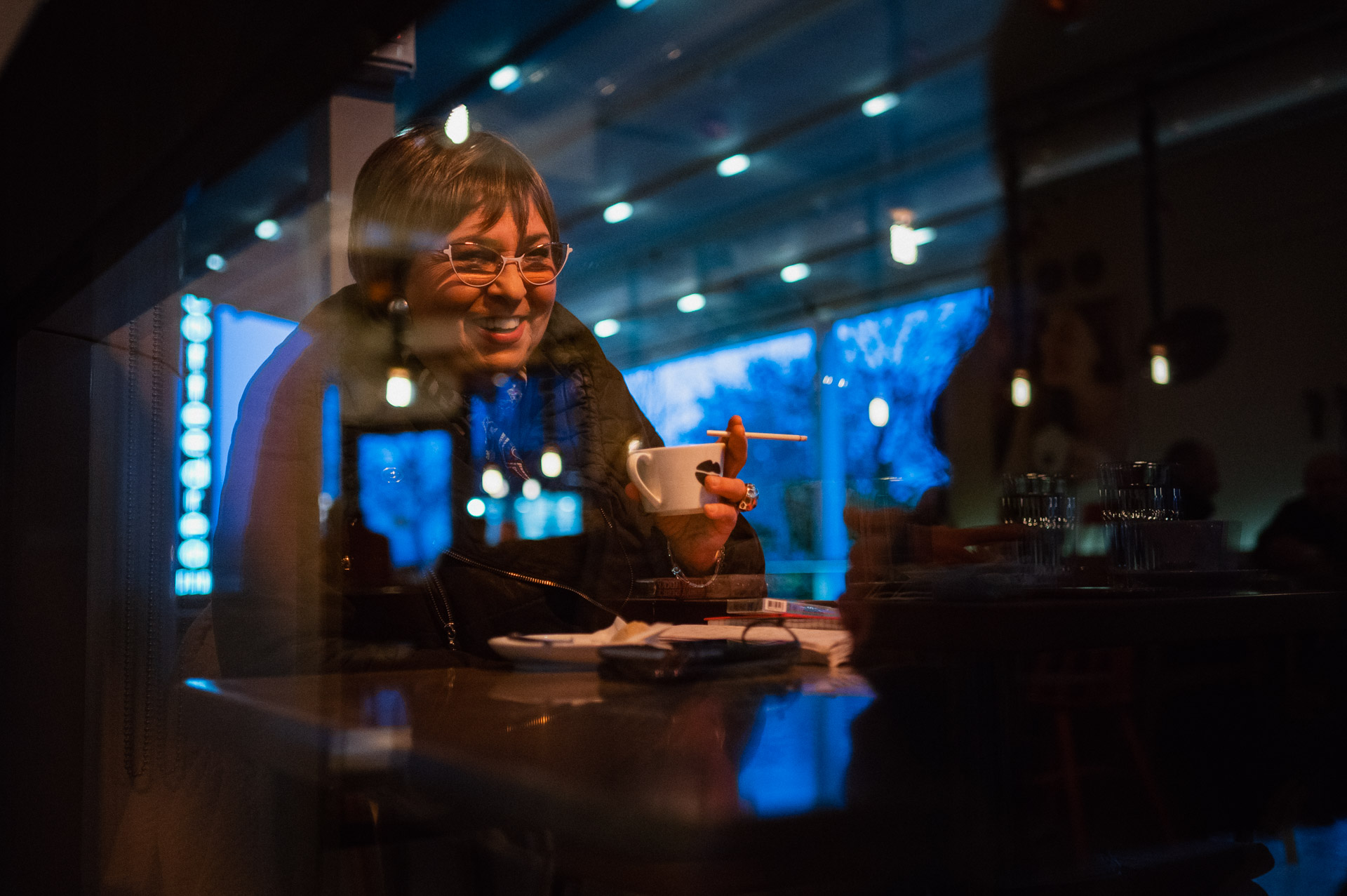
When did you know that acting was the art for you?
I decided that I would be an actress when I was only seven years old. It was non-negotiable. After my third year of high-school, I tried out for the Academy and was accepted immediately. By the way, I did this entirely without my parents’ knowledge.
It was devastating for my father because in his eyes this meant I didn’t have a formal education beyond junior school. His exact words were “Only here can you only have a junior school and a college diploma”. When the graduation exam came, I took my time with it a bit. My father begged me to hurry up and finish it so that I wouldn’t just have a junior school diploma.
It was only when I started working in pedagogy that I realized how good I was at all of it. Back then, there were over 1000 candidates and only 12 of them were accepted. The criteria was so incredibly high. I had no awareness of this at the time. For me, it was completely normal to try out, enlist and become an actress.
I was then astounded when I saw how much we fight for our children. That was not the case in my time at all. For example, my brother Misha played “Yesterday” in the form of fugue or toccata. Nobody recognized it except for my father who taught at that school. He was so embarrassed by this choice of number that he was completely speechless. However, that was how Misha showed his musical direction with a stunt like that. The rest is legend. That was the choice of a man who would go on to become a legendary jazz musician whose name was given to three streets in Belgrade.
It’s a well-known fact that you were very close to your brother. Was it always that way, or did you have fights as children?
Misha was three and a half years older than me and we always got along well. One time, I stole one of my mom’s cigarettes, put on some lipstick and shut myself in the bathroom. Misha just opened the door and closed it immediately. When my mother asked him what I was doing in there, he didn’t snitch on me.
But of course we had childhood squabbles like anyone else. We argued over who gets the bigger piece of chocolate or who took five dinars from mom. Since I was younger and weaker, it was like house training. It teaches you to fight for your slice of the cake or for the particular sandwich on the left that has ham in it. The weaker side can win if they are cunning enough. I remembered all my little cunning tricks and applied them in life later. Sometimes that can be bad, but that was just my life.
Misha was gifted in everything he did. I remember there was a competition to make a clay bust of Moses. Misha won the first prize in Europe. Or, when we got our bicycles, he learned to ride immediately while I struggled and fell.
It’s really wonderful when you grow up with someone who is better than you at everything and you always have to keep up. All the life skills I have now, I learned from Misha. He was my guardian angel. That’s what it’s like to have an intelligent and talented brother.
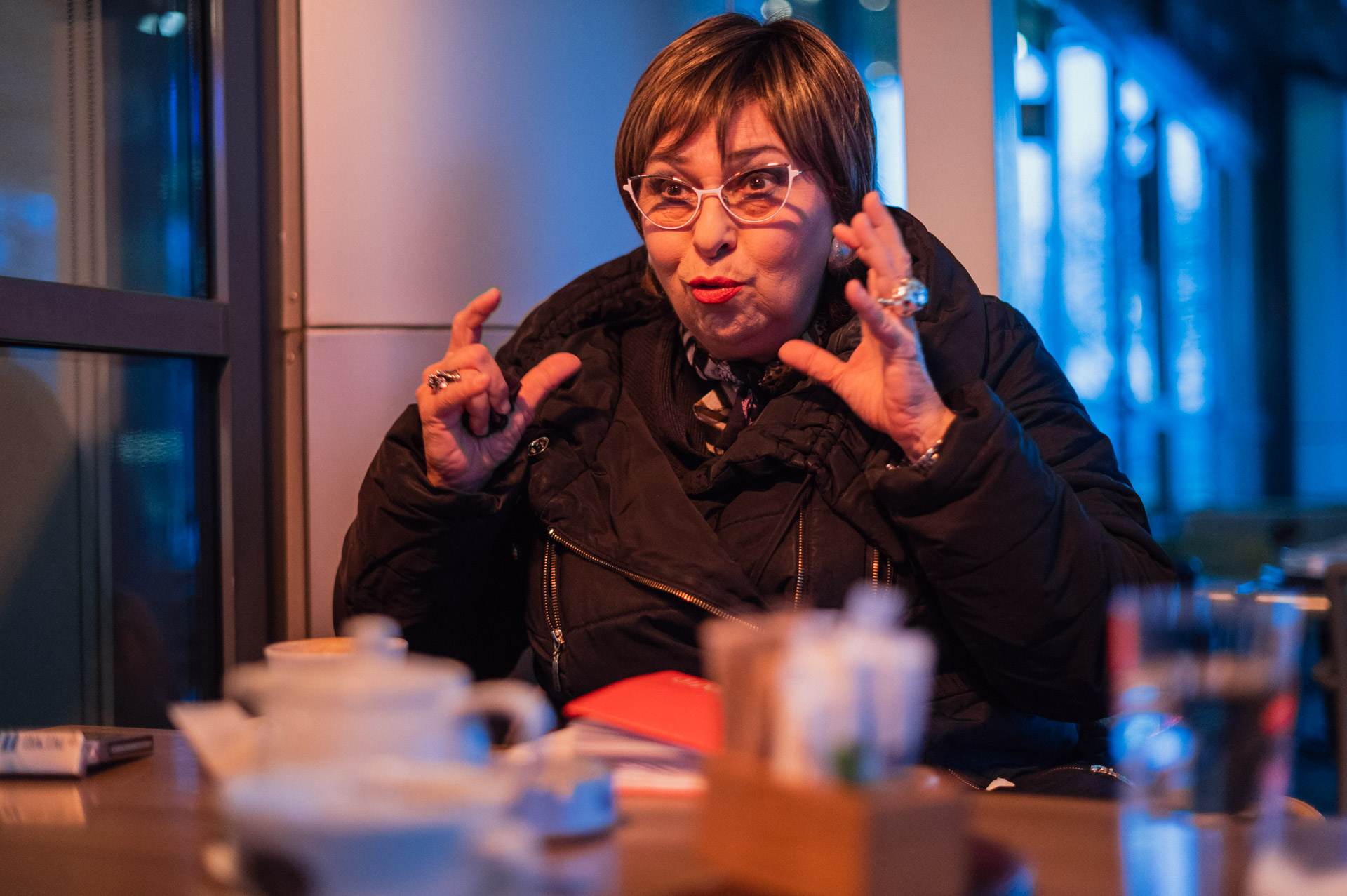
Something that left a mark on many children is your work in cartoon voice acting.
The first time I stepped into a studio, I didn’t know I’d stay there for so many years because I’d only come to work a single gig. Back then, there was a shortage of tape, so the best voice actors were those who could say their lines quickly and without retakes. Mica Tatic, Baja Bacic, Nikola Simic and myself were a team who worked on cartoons for 25 years precisely because of that speed. As we say “minute for minute”. We didn’t spend a lot of tape because we had tremendous skill. I even asked to be replaced, but nobody they brought in could match my speed. That is how I stayed in the business for 25 years, but that was just extra work for me. On the other hand, I have hundreds of plays behind me, half of which were leading roles at the National theatre and other theatres. But this wasn’t recorded anywhere, so to speak. That’s just theatre art for you - once the curtains go down, all that’s left are memories.
One of the drawbacks of performing at theatres at the time was that you couldn’t be absent for months at a time to go film a play or a movie the way you can today. Therefore I had to miss out on various roles in some of the masterpieces of Serbian cinematography. I don’t regret it, but I do regret that nobody knows about that and the movies that I had to reject roles stayed.
What’s unusual is that you’ve played some extremely different roles. How did you avoid becoming a typecast actress?
Easily. Throughout my career I played schoolteachers and prostitutes, of which I am obviously neither. Acting is a profession. It’s a calling. If a role is not familiar to you, you have to know how to master it anyway. For example, when I played a woman from the countryside, we asked the people from that particular area how things are pronounced there, and then we implemented that into our work.
I believe that if you have talent, you can achieve anything. The only thing I couldn’t do was to perform nude in movies. Not because I turn up my nose at it, but because I get so embarrassed that I can’t speak. (laughter) That’s the only acting skill I couldn’t master. And I always admired my female colleagues who were able to perform in the nude and do beautiful acting despite of it. To me, that’s a special kind of art that I highly admire.
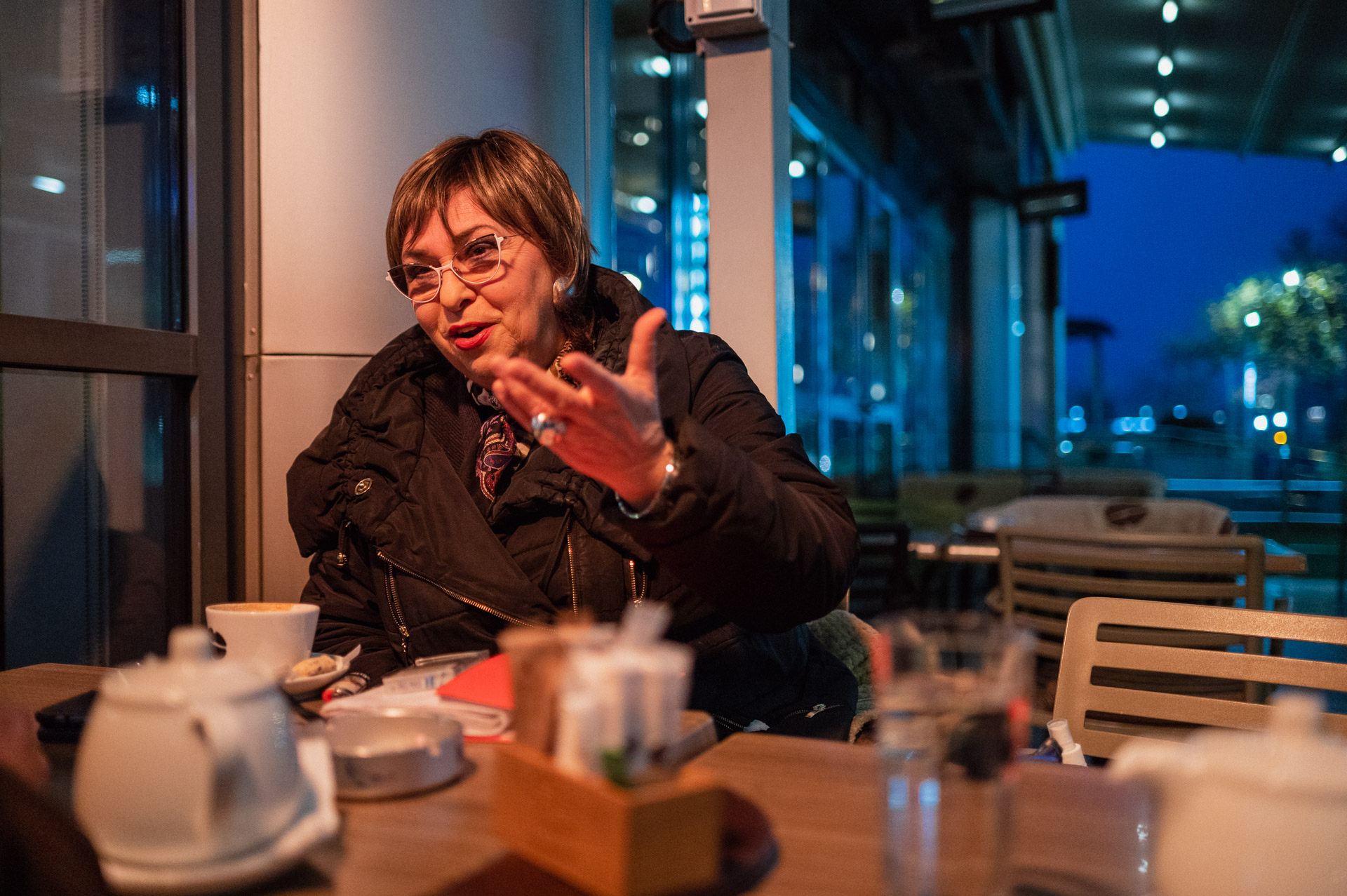
Which one of your roles do you consider the most challenging one?
I played in one of only a few plays that were banned in former Yugoslavia. It was the “Brothers Karamazov” by Dusan Jovanovic, directed by Nikola Jevtic. It spoke about the Informbiro and it was ‘removed’ from the repertoire on the day of its premiere. At the time, Tito was ill in Slovenia, so it was believed that the topic of Goli otok was inappropriate.
I was also fortunate to play Juca in the legendary play “Kir Janja” by Egon Savin which stayed in the National theatre repertoire for 26 years, as well as Fyokla Ivanovna in Gogol's “Marriage” directed by Slavenko Seletovic. Not many plays make it to their 100-200th performance. Not many actors can say they’ve starred in such gems.
I approached all my roles, big and small, as though they were my greatest challenges. I played in Molliere, Shakespeare and anything else you can imagine. I played in over a hundred premieres and thousands of plays.
There were lovely roles that I haven’t mentioned but I loved them a lot. Ones that many won’t know because they weren’t born yet. So it’s unrealistic to talk about them. Of course, everything is listed at the Theatre museum where you can see a list of all of my roles.
What’s interesting is that us older actors don’t have many awards. Back in our day, we would make fun of them. Those rewards would go to certain let’s say politically suitable individuals back then. It was just the way of things. Now I see awards are very important to our young actors. But they may not know that after a certain point they won’t matter, because this spiral will repeat itself.
You spent a certain time outside of the theatre in hospitality. How did you end up in that situation?
It coincided with my pregnancy. My ex husband and I owned the famous discotheque “Nana”. That was an experience that changed my view of the world a lot. Because before it, I had never ventured outside of the arts. I discovered some life mysteries back then that I never knew existed.
A friend of mine who is a goldsmith by trade once told me “Gold is very beautiful, but it makes your fingers black”. There’s work that can earn you a lot of money, but your fingers become smudged in the process. Hospitality is one of them. It’s a big school of life, but nothing could disrupt my image of the arts. So I didn’t change professions - I never loved anything more than my tiny paycheck from the theatre! (laughter)
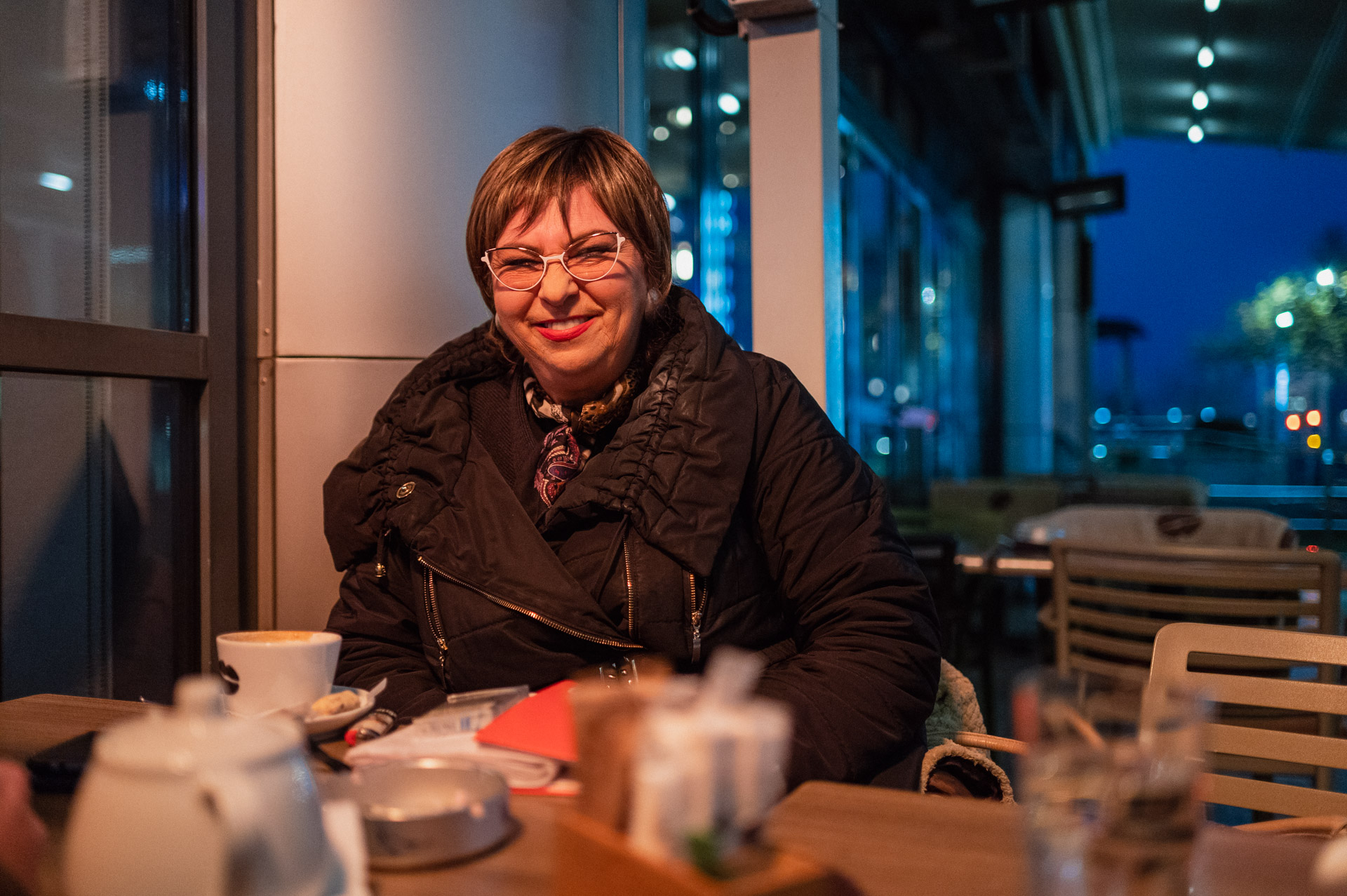
What are the current developments in your repertoire today?
Currently, we are performing “Red hat” - Mina Lazarevic and myself. We have been performing with huge success all over Serbia. I’ve also started to write under a male pseudonym. I’ve written many plays that have been performed already and I’m working on new ones that should see the light of day soon.
If you’re wondering why I’ve decided to write under a male name, it’s because this is a man’s world and women attend theatre more than men. We’ll never reach equality in that regard. I know inequality very well, even though my own life has been the epitome of equality between genders.
What are your plans going forward?
I’m currently writing a delightful comedy. Even though I am not a playwright by education, I can pull it off because I’ve been in the business for over 40 years. My knowledge of the industry is so immense that I can compose a piece by myself. However, the current situation we’re in with the pandemic is cutting my drive a lot. Just not knowing if a new strand will appear and what will happen next is inhibiting me a lot, but I’m pushing on - bit by bit.
I’ve also put a lot of time into occasional babysitting of my grandkids, but that’s a sweet pastime. For example, my daughter and older granddaughter who is taking acting lessons are my teachers in the age of technology.
Just recently we went to the movies to see a 3D motion picture in which two of us did voice acting for the characters. When I was about to throw away the glasses they gave us after the show, my granddaughter shouted:
“Grandma, what are you doing?! You have to give those back, not throw them away!”
“We have to give back the cardboard?”
“Grandma, those are 3D glasses!”
“I know, but they’re cardboard.”
“Grandma, someone else will wear them!”
I had no idea they were reusable. I didn’t even want to wear them because you can’t see a thing. Lesson learned. It’s fantastic to have a ten year old to teach you in your old days.
I am a futurist and I love all that’s new. I hope that I’ll make it to drive a flying car someday. I stick by Shakespeare’s words: “Those who don’t know the time they live in will be done in by time”.




 6 ℃
6 ℃

